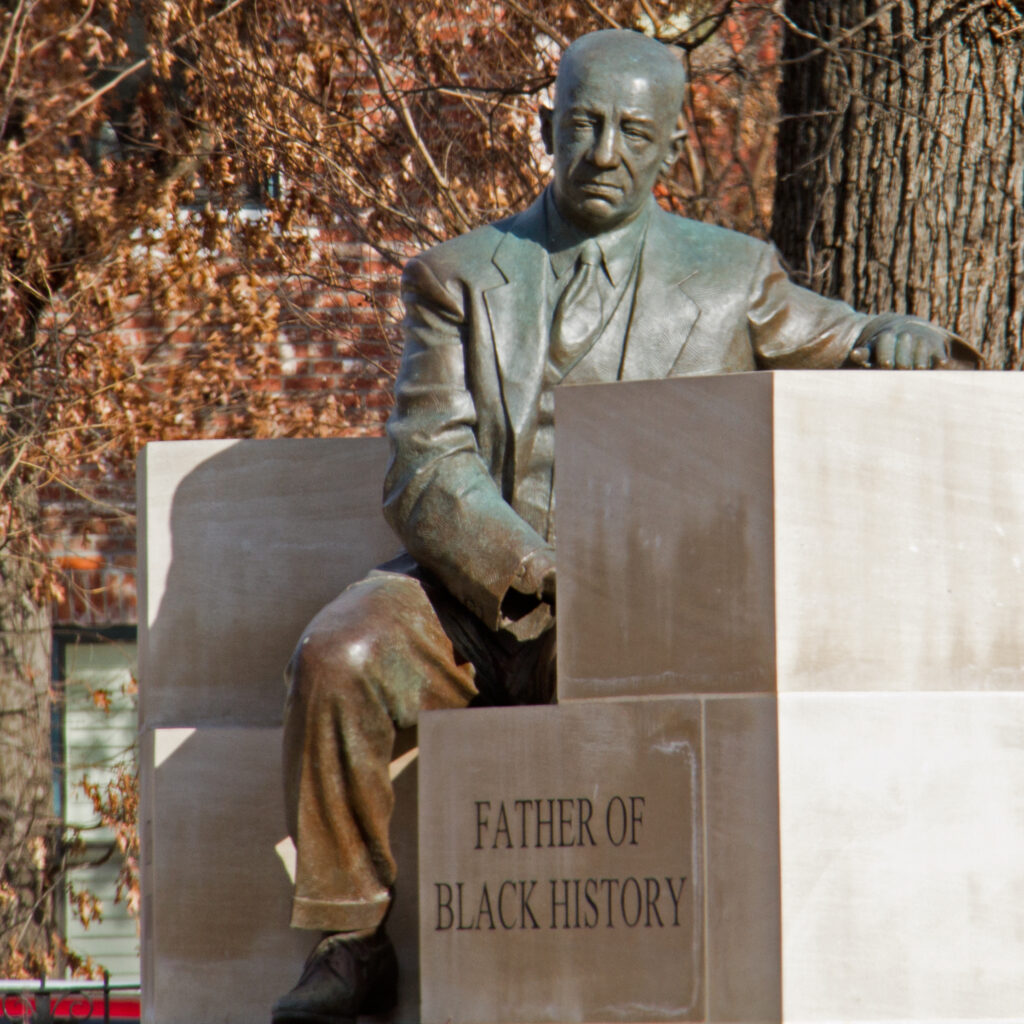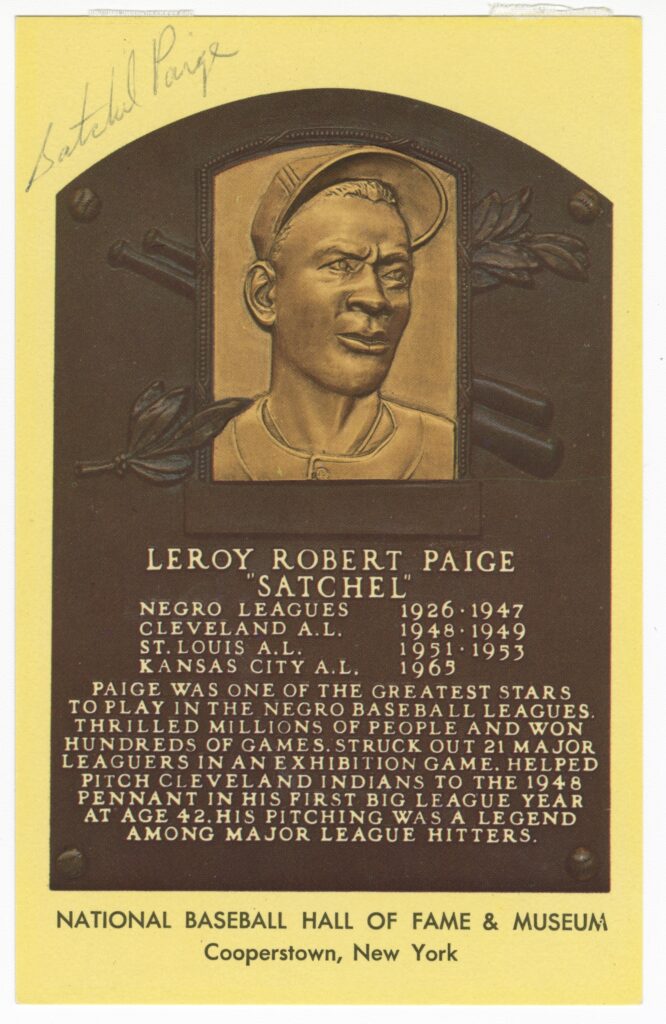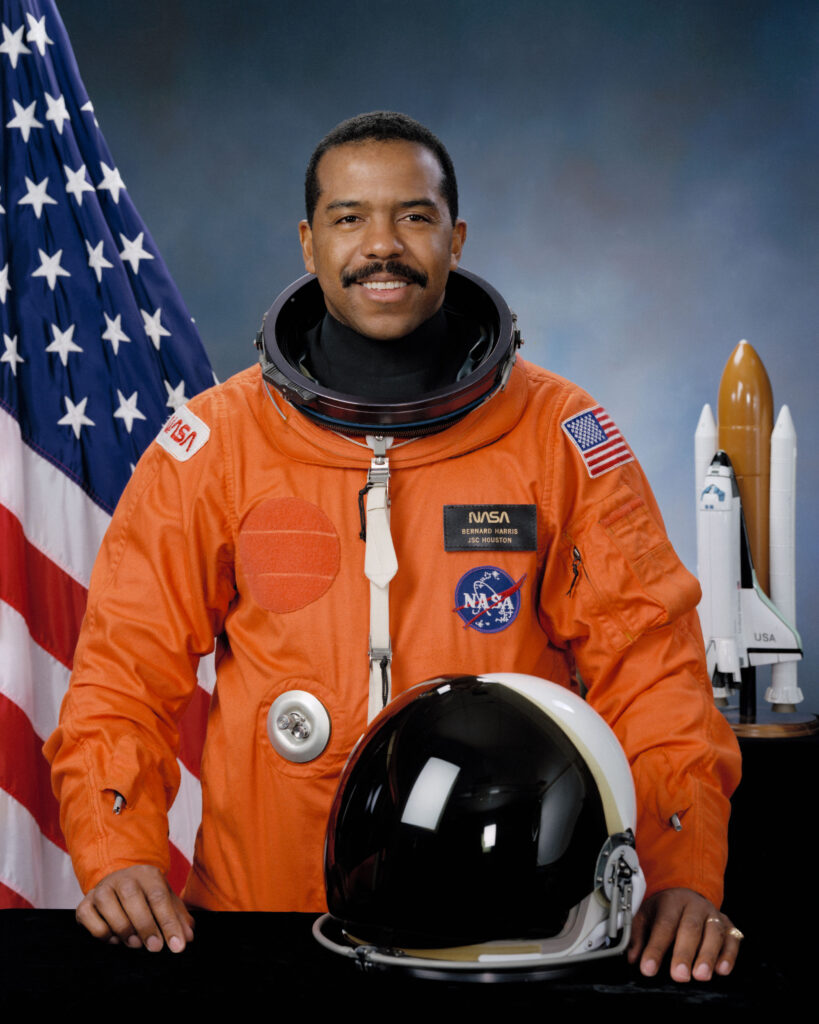A Special Series Highlighting Significant Events in African American History During Black History Month
[Editor’s Note: This piece was originally published on February 9th. There were some technology problems which resulted in its accidental deletion. We are republishing today — February 19th — and apologize for the confusion.]
History has fascinated and captivated me for about as long as I remember: the history of medicine, of journalism, of religion, of economics, of music and of agriculture; American history, European history, ancient Greek, Roman, Egyptian, and Babylonian history; the medieval history of England, France, Spain, the Middle East, Germany and the Byzantine Empire; the Renaissance, the Age of Exploration, the Enlightenment and on into the history of the modern world. Other kids always complained that history was dry and boring. Not me. I couldn’t and still can’t get enough of it. The more I learned, the more I wanted to know.

Conspicuous by absence from the above list, though — and from the vast majority of my formal schooling, to be honest — was any focus on the history of non-Western countries and peoples; on the oppression and exploitation of colonization; on the struggles and triumphs of religious and ethnic minorities in the past and present; on the horrific plight — past and present — of indigenous peoples all over the world; on the stories and the past of almost anyone who wasn’t a white Anglo-Saxon Protestant or Catholic male.
My upbringing in Northern Wisconsin was rural, idyllic and comfortable. It was also sheltered and somewhat insular. That changed quite dramatically when I went away to college at Marquette University in Milwaukee. The population of my home county — Vilas — was 1.76% of Wisconsin’s only major metropolitan area. And things turned even more cosmopolitan when I moved to Washington, DC two years after college graduation.
It was a real culture shock — and ultimately a wonderful experience of diversity and personal growth for me. And as my horizons broadened, so did my interest in history. Rather than trying to make up for lost time and study everything all at once, I took advantage of the established framework to learn about societies, cultures and histories different from my own.
And so: May is Asian American and Pacific Islander Heritage Month, as well as Jewish American Heritage Month. Hispanic Heritage Month is observed from September 15th to October 15th. November is Native American Heritage Month. Arab American Heritage Month is celebrated in April. March is Women’s History Month. June is recognized as LGBTQ+ Pride Month. And of course, February is Black History Month.
It’s already much too late to make a long story short, but to sum up: During designated months throughout the year, I try to set aside time to study and learn history which wasn’t included in my formal education. I invite you along with me as I explore past events in Black History for February 9th.
1965 — MLK Meets With LBJ
It was not the first time President Lyndon Johnson met with Dr. Martin Luther King, Jr., nor would it be the last. A case can be made, though, that this was their most historically significant encounter.
Meeting at the White House, the two men reached agreement on strategy for passage of what would become the landmark Voting Rights Act of 1965. That same day, however, Johnson decided to authorize the systematic bombing of North Vietnam.
The air assault a world away eventually became Operation Rolling Thunder. This dramatic escalation of the Vietnam War led to a break between the two men. King spoke out against the war just as Johnson committed more American lives and resources to the fight. By 1967, King forcefully condemned Johnson’s policies, and would later remove his support for Johnson’s candidacy for reelection.
1971 – Leroy “Satchel” Paige Is Inducted Into the Baseball Hall of Fame
Leroy Robert “Satchel” Paige was a professional baseball player in both the Negro Leagues and Major League Baseball. His career spanned five decades and culminated with his induction into the National Baseball Hall of Fame on February 9, 1971.
Born on July 7, 1906 in Mobile, Alabama, Paige grew to a lanky six foot three inches and broke into professional baseball as a pitcher in 1926 with the Chattanooga Black Lookouts.

Image By Los Angeles Times – CC BY 4.0,
https://digital.library.ucla.edu/catalog/ark:/21198/zz002d972h,
https://commons.wikimedia.org/w/index.php?curid=121958916
A showman at heart, he quickly became the biggest draw in the Negro Leagues as crowds gathered to watch him make batters look foolish. It wasn’t until 1948 that Paige made his MLB debut for the Cleveland Indians at the age of 42. To this day, he remains the oldest “debutant” in National or American League history.

Collection of the Smithsonian National Museum of African American History and Culture, A Gift of Paxton and Rachel Baker
Paige effectively retired from Major League Baseball after the 1953 season, but he wasn’t quite finished yet. In 1965 — at the age of 59 — he was signed by the Kansas City Athletics to pitch one final game. He pitched three scoreless innings. He remains the oldest player ever to play in the majors.
Yes, his accomplishments were remarkable but they don’t even begin to do justice to the legend that is Satchel Paige. He would die of a heart attack in 1982 at the age of 75, but eleven years prior — 53 years ago today — he was the first former Negro Leagues player to be inducted into the baseball Hall of Fame. And his legend lives on.
1995 – NASA’s Bernard Harris Becomes the First African American To Walk In Space
From 1981 through 2011, the U.S. National Aeronautics and Space Administration (NASA) operated the Space Transportation System — better known as the Space Shuttle program. Over the course of 30 years, the shuttles flew 135 missions and carried 355 astronauts from 16 countries, many on multiple trips.
I’m not sure if children nowadays still idolize astronauts as heroes, but if they do, they couldn’t make a better choice than Bernard Harris. Born in 1956, he graduated from medical school in 1982 and completed a residency in internal medicine at the world-renowned Mayo Clinic in 1985. And he was just getting started.
Harris joined NASA in 1990. Just 18 months later he qualified as an astronaut. Aboard the shuttle Columbia in 1993, Harris logged over 239 hours and 4,164,183 miles in space.

NASA Image and Video Library, Public Domain, https://commons.wikimedia.org/w/index.php?curid=91017705
Harris was serving as a mission specialist on board the shuttle Discovery when he made history as the first African American to perform a space walk, 29 years ago today.
Harris retired from NASA a year after his historic space walk, but even today — at age 67 — he doesn’t seem to have slowed down at all. He earned a master’s degree in biomedical science shortly after leaving the space program, and followed that up with an MBA from the University of Houston in 1999.
In 1998, he founded The Harris Foundation, a non-profit organization whose stated mission is “to invest in community-based initiatives to support education, health and wealth. THF supports programs that empower individuals, in particular minorities and other economically and/or socially disadvantaged, to recognize their potential and pursue their dreams.”
Notable Birthdays
1944 — Alice Walker
Over the course of her career, Alice Walker has published seventeen novels and short story collections, twelve non-fiction works, and collections of essays and poetry. She was born the youngest of eight children to sharecropper parents in rural Georgia.

Image By Virginia DeBolt – CC BY-SA 2.0,
https://commons.wikimedia.org/w/index.php?curid=2968721
After her 1965 graduation from Sarah Lawrence College in Yonkers, Walker moved south to work in the civil rights movement. She took a job working for the Legal Defense Fund of the National Association for the Advancement of Colored People in Jackson, Mississippi. By 1970, she had published her first book of poetry and her first novel.
Walker published her best-known work — The Color Purple — in 1982. A year later, the book made her the first Black woman to ever win the Pulitzer Prize for Fiction. It also won the 1983 National Book Award for Fiction, and was made into a 1985 film of the same name. Steven Spielberg directed, and Whoopi Goldberg, Oprah Winfrey and Danny Glover starred. Since that time, it has been adapted for radio by the BBC and opened on Broadway as a musical. A new film adaptation was released last year.

Image By Angela George, CC BY-SA 3.0,
https://commons.wikimedia.org/w/index.php?curid=17186500
1954 — Chris Gardner
Chris Gardner is a remarkable figure in the world of finance, known for his inspiring story of resilience and success. Born 70 years ago today in Milwaukee, Gardner experienced a challenging childhood marked by poverty and a lack of stability. Refusing to let his circumstances define him, he embarked on a journey that would eventually lead him to become a successful stockbroker and entrepreneur..
Gardner’s story gained widespread recognition after it was portrayed in the acclaimed 2006 film “The Pursuit of Happyness.” Will Smith starred and was nominated for the Academy Award for Best Actor for his performance.
Beyond his professional accomplishments, Gardner is also recognized for his philanthropic efforts. He established the Chris Gardner Foundation, which focuses on empowering and supporting individuals facing homelessness and poverty. Through his foundation, Gardner has provided scholarships, job training, and mentorship programs, aiming to break the cycle of poverty and inspire others to pursue their dreams.
* * * * * * * * * * * * *
So there you have it. Some of the most fascinating and inspiring history is not the stuff they taught us in school. I believe knowing and appreciating each other’s stories can only lead to better understanding and a brighter future for us all. Best wishes.
By Steven Roberts





